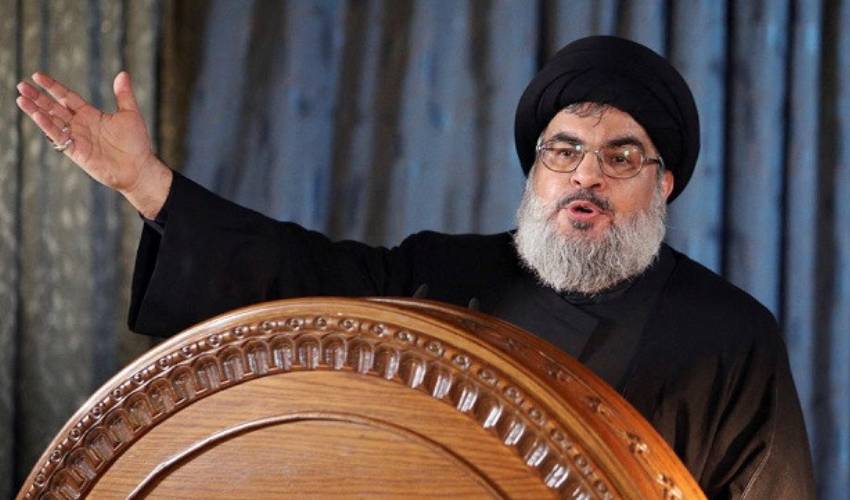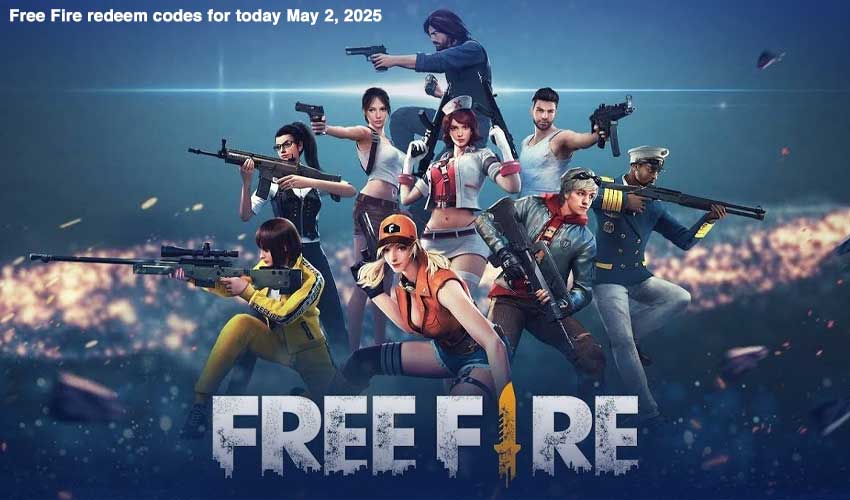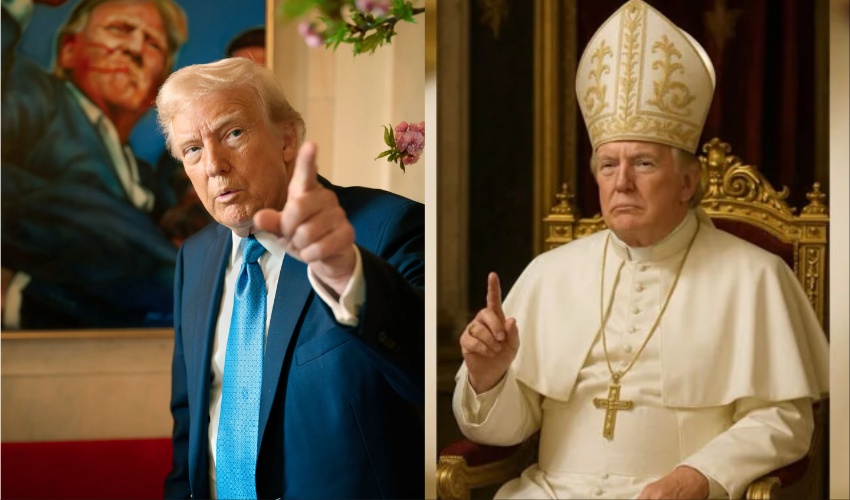Hezbollah's Secretary-General Sayyed Hassan Nasrallah is set to make a significant public statement on Friday, marking his first appearance since the Israel-Hamas conflict began on October 7.
His speech, eagerly awaited by many, is expected to provide insights into Hezbollah's role in the evolving situation.
Hezbollah's expanding role
Hezbollah, a formidable military force with Iranian backing, has been actively engaged in clashes with Israeli forces along the border.
These confrontations have resulted in the deadliest escalation since the 2006 war between Hezbollah and Israel, with 50 Hezbollah fighters losing their lives.
🔴 حزب اللہ نے حسن نصر اللہ کی کل کی تقریر کا ایک اور ٹریلر جاری کر دیا pic.twitter.com/3SqkieApgn
— RTEUrdu (@RTEUrdu) November 2, 2023
Measured escalation
While the clashes have been primarily contained to the border region, Nasrallah has yet to unleash the full extent of Hezbollah's firepower, which he has been threatening for years.
Nasrallah's upcoming speech is expected to signal the group's intentions and its role in the ongoing conflict.
Hezbollah is a central figure in the "Axis of Resistance," a regional military alliance established by Iran to counter the influence of the United States and Israel.
This alliance includes various groups, such as Shiite militias in Iraq and Yemen's Houthi rebels.
Lebanese and regional expectations
Many in Lebanon are anxiously awaiting Nasrallah's speech, as the fear of a catastrophic conflict has gripped the region for weeks.
Some are holding off on making plans beyond Friday, anticipating that Nasrallah's remarks will influence the likelihood of further escalation in the conflict.
Impact of Nasrallah's speech
Nasrallah's speeches have long been followed closely by both friends and foes. His fiery rhetoric during the 2006 war elevated his profile, and he remains a prominent figure in the Arab world.
While other Hezbollah officials have hinted at the group's combat readiness, Nasrallah's public statement will carry significant weight in shaping the ongoing situation.
The recent confrontations between Hezbollah and Israel have been measured, with both sides wary of triggering a full-scale war. Lebanon, already grappling with the aftermath of a severe financial crisis, cannot afford another devastating conflict.
International concerns and warnings
Prime Minister Benjamin Netanyahu has cautioned Hezbollah against opening a second front with Israel, emphasising the potential for overwhelming Israeli counter-strikes.
The international community is closely monitoring the situation, as tensions continue to rise.
In summary, Sayyed Hassan Nasrallah's upcoming speech holds the key to understanding Hezbollah's evolving role in the Israel-Hamas conflict, as well as the broader regional implications of the "Axis of Resistance."
The delicate balance of power and the potential for further escalation make this a critical moment in the Middle East.



























